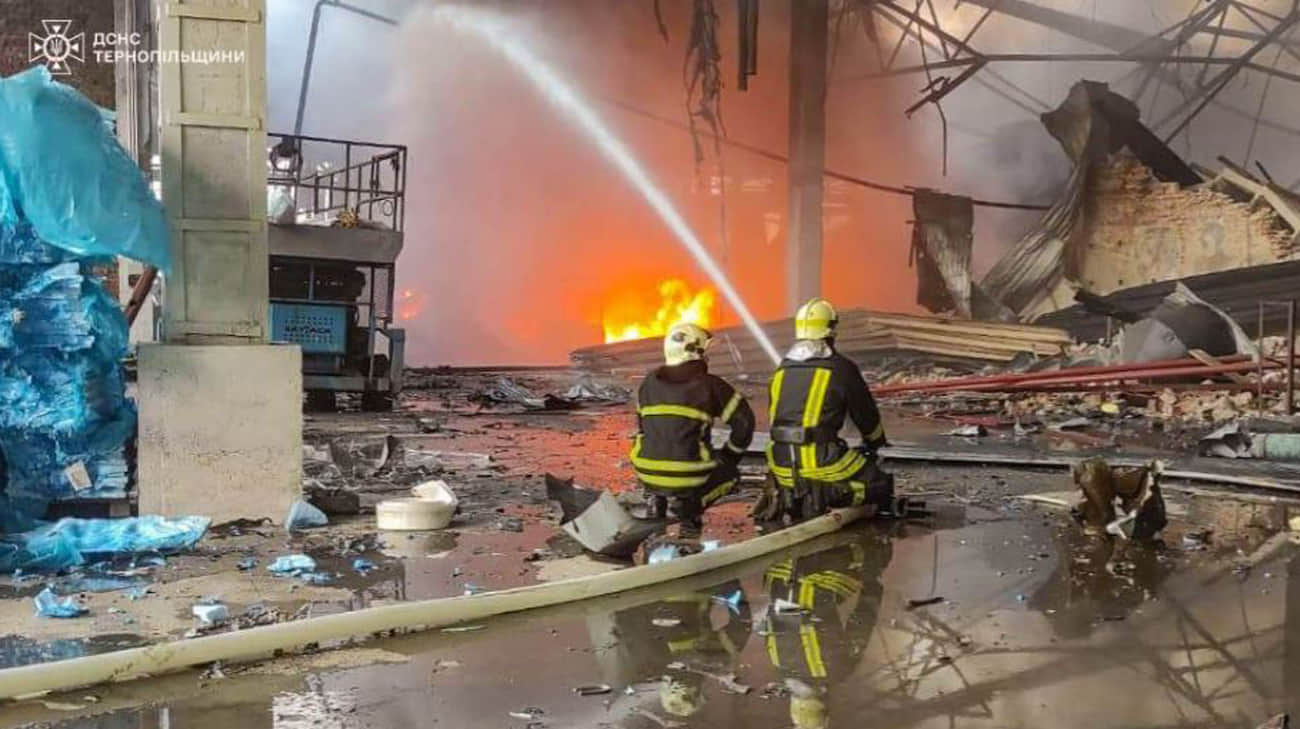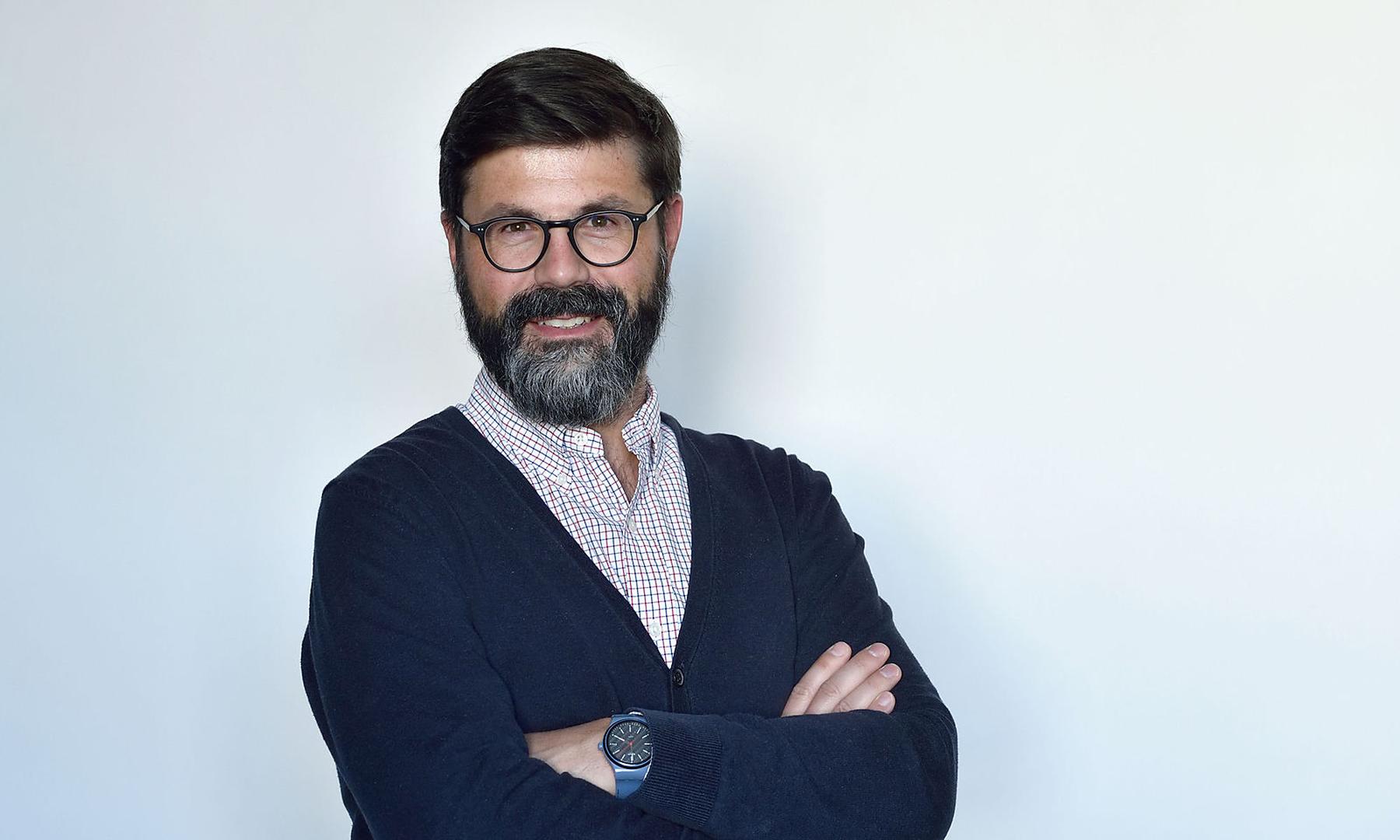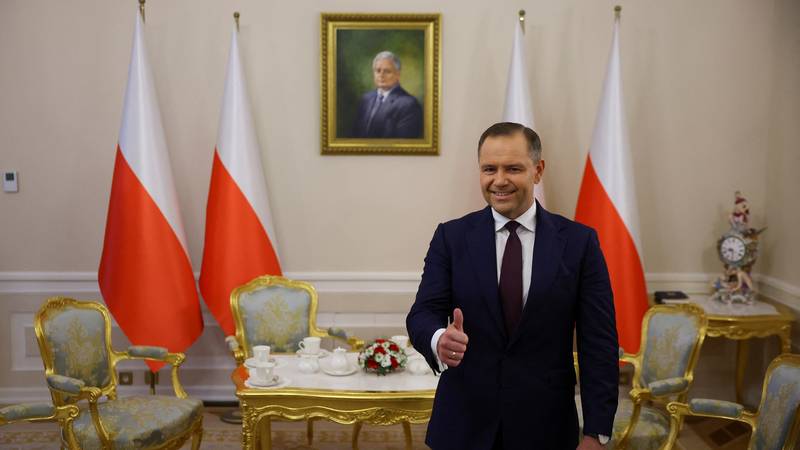Federal Councilor Pfister on the future of the Swiss army

“Expertibility” of the United States: Why Bundesrat Pfister looks to Europe
The new Minister of Defense says after 50 days when he wants to lead the army: Martin Pfister relies on upgrading, cooperation with Europe. And he allows himself to go against Donald Trump.
He was still as a sports minister in Stockholm and experienced the defeat of the Swiss Nati in the final of the Ice Hockey World Cup against the USA. That was on Sunday evening, shortly before midnight. Well, on Monday morning, Defense Minister Martin Pfister is standing in the Bure weapons place in the cantons of Jura, surrounded by tanks and media professionals, to explain where he wants to set his focus as the Federal Council.
At four o’clock he got up, flown to Mulhouse with the Federal Council Jet and drove to Bure by car via the national border, the magistrate reports. He looks completely relaxed.
« I would have liked to have brought you a gold medal this morning, » he says at the beginning of his presentation in the barracks auditorium, « unfortunately it has become the silver. » But maybe it is a good sign that as a sports minister he could not already cheer gold – « it shows that I still have a lot to do in the next few years ».
As quiet as the 1, 90 meter tall Pfister works, he doesn’t lack speed. The fact that he would take the media after 50 days and not only after 100, as usual, have good reasons, he explains: « In the current security situation, we have no time for long silence. » He feels the expectation from politics and the public « that I quickly position myself ».
The Middle Federal Council does this without adoption. The focus is on three fields of action: « Firstly, I want to further develop Switzerland’s security policy and expressly welcome a political discussion. » Secondly, he wants to set up the army in such a way that it can effectively encounter the foreseeable threats: « We have to strengthen the ability to defend without uncompromising and consistently. » With good equipment and training but also, «with intensive cooperation with our neighboring countries, NATO and the EU. This is always compatible with neutrality ».
And thirdly, he wanted to strengthen political and public trust in his defense department: « I want to consolidate what is well positioned and make changes where it is necessary. »
Landing alone leads to higher armaments costs
Europe wants to take its security more into its own hands, that also applies to Switzerland: « It is our responsibility and our constitutional mandate to ensure your own protection. » The federal government must “use all available funds – including international cooperation”.
Again and again Pfister’s view is beyond the national borders, including armaments policy. « Due to the export destructions for war material, we are increasingly excluded from important procurements, international collaborations and supply chains, » says Pfister. As a country outside of a defense alliance and as a buyer of small quantities, Switzerland has no priority with the providers. « All of this leads to longer delivery times and higher costs. »
Even if he does not expressly say it: For the new VBS boss, armaments cooperation with abroad is essential- This should also include an agreement with the EU that enables participation in large purchasing communities of the EU countries.
How much Pfister is based on Europe later shows itself in the discussion. Although he confirms that there is no doubt about the purchase of the US fighter jet F-35, which was made. But then the Federal Council becomes undiplomatic: « It is such that the unpredictability of the relationship to the USA is a problem for European security policy and thus also for Switzerland. » Pfister specifies that it is a « political unpredictability » – which he can only mean Donald Trump. At the technical level, security policy cooperation with the USA is good, he adds.
The subsequent visit to the troops shows that Pfister (military rank: colonel) still likes to move in a weapon place. He climbs a leopard tank, can be explained by a state-of-the-art reconnaissance vehicle and thanks the soldier for « their motivation and cohesion ». He takes time for the troop.
The VBS boss arrived in office after 50 days. Now the political multi-fronts for upgrade, international cooperation and neutrality can begin. There is a lot to do in the next few years.







